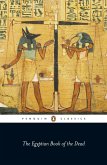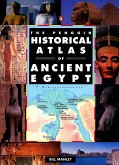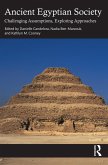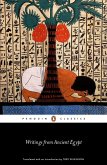Taking ancient records as the starting point for analysis, this book theorises the state, administration and economy of ancient Egypt. The Egyptian state is theorised as an administrative field of material and symbolic powers with emphasis upon the latter because it has received scant attention in Egyptology. Maat (truth, fairness, connective justice) is theorised as symbolic power discursively authored, disseminated and monitored by senior administrators who redefined its meaning to suit changes in the sociopolitical contexts.
The book examines the classification schemes of the Egyptian population devised by the administrative field of power and how they were used to differentiate, hierarchise and fix specific individuals within clearly demarcated social and economic categories that aimed to fix the subjectivity of those assigned to each category. Ancient Egyptian had a significant state economic sector and a private sector. A multiplicity of sources of state economicresources are examined: taxation/ impost, war booty and tributes, and gifts exchanged between the Egyptian kings and foreign kings. A nuanced understanding of Polanyi's work on redistribution is used to theorise the cycle of levying, collecting, storing and redistributing tax revenues. Exchanges of gifts between Egyptian kings and kings from Asia Minor are theorised as occurring on a stage of institutional drama, war booty as an 'economy of force' and tribute as an economy of restitution. Private exchange is theorised by developing the concept of 'sociable markets' and drawing on Maat in its various meanings as truth, fairness and connective justice.
This book will be of interest to readers in the fields of economic history, ancient Egypt and ancient history more broadly.
The book examines the classification schemes of the Egyptian population devised by the administrative field of power and how they were used to differentiate, hierarchise and fix specific individuals within clearly demarcated social and economic categories that aimed to fix the subjectivity of those assigned to each category. Ancient Egyptian had a significant state economic sector and a private sector. A multiplicity of sources of state economicresources are examined: taxation/ impost, war booty and tributes, and gifts exchanged between the Egyptian kings and foreign kings. A nuanced understanding of Polanyi's work on redistribution is used to theorise the cycle of levying, collecting, storing and redistributing tax revenues. Exchanges of gifts between Egyptian kings and kings from Asia Minor are theorised as occurring on a stage of institutional drama, war booty as an 'economy of force' and tribute as an economy of restitution. Private exchange is theorised by developing the concept of 'sociable markets' and drawing on Maat in its various meanings as truth, fairness and connective justice.
This book will be of interest to readers in the fields of economic history, ancient Egypt and ancient history more broadly.









